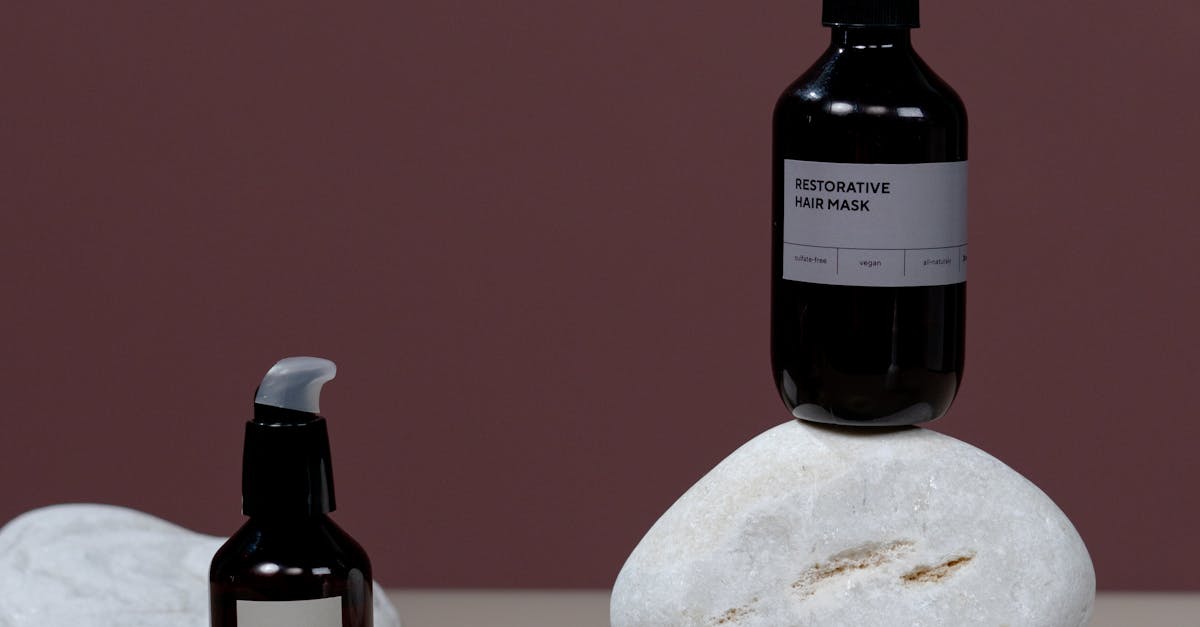Why Pet Cleaners Matter for Every Pet Owner
Every pet owner understands the inevitable messes that come with the joy of having a furry friend. Accidents, shedding, and general pet-related dirt require diligent cleaning to maintain a healthy and comfortable living space. In recent years, there’s been a mounting preference for natural and organic pet cleaners over conventional chemical-based products. 🚿 But why is this trend gaining traction?
A cleaner that aligns with both environmental values and pet welfare is highly sought after. The essence of a natural pet cleaner extends beyond just being green—it promises a safer atmosphere for our pets.🤔
Understanding Natural and Organic Pet Cleaners
Defining Natural vs. Organic
Before diving into the benefits, it’s pivotal to understand what constitutes natural and organic. Natural pet cleaners use ingredients directly derived from plants, minerals, and other naturally occurring sources. These products emphasize the absence of synthetic chemicals.
On the other hand, organic pet cleaners step it up a notch. They are made from ingredients that are not just natural but also certified organic. This means that the raw materials are grown without the use of pesticides, synthetic fertilizers, and other inorganic methods.
Table: Natural vs. Organic Pet Cleaners
| Feature | Natural Cleaners | Organic Cleaners |
|---|---|---|
| Source | Plants, minerals | Certified organic plants |
| Use of Synthetic Chemicals | No | No |
| Certification | No specific requirement | Certified organic |
| Environmental Impact | Low | Very low (more eco-friendly) |
Recognizing the Need for Change
The primary reason pet owners are shifting to natural and organic cleaners is the harmful effects of traditional cleaning products. Conventional cleaners contain chemicals such as bleach, ammonia, and phenols that can have adverse effects on pets. These substances can cause respiratory issues, skin irritations, and even more severe health problems over prolonged exposure.
Health Concerns: A Deeper Dive
Pets are consistently closer to the ground, meaning they are more exposed to clean surfaces—making safe cleaners a non-negotiable necessity. Dogs, for instance, often lick floors and other surfaces, inadvertently ingesting whatever chemicals they come into contact with. Cats, meanwhile, frequently groom themselves, which increases the risk of ingesting harmful residues left by chemical cleaners. 🐾
The Ingredients Behind the Clean
Powerhouse Components of Natural Cleaners
- Vinegar: A stalwart in natural cleaning, vinegar’s acetic acid content acts as a formidable disinfectant and deodorizer.
- Baking Soda: This versatile ingredient neutralizes odors and has mild abrasive properties, making it excellent for scrubbing without scratching surfaces.
- Essential Oils: Oils like lavender, tea tree, and eucalyptus not only provide pleasant scents but also possess antimicrobial properties.
- Lemon Juice: The citric acid in lemon juice is a natural antiseptic and cleanser.
Organic Ingredients: Farming and Formulation
The distinction with organic ingredients lies in their farming practices. Organically grown ingredients are devoid of synthetic pesticides and fertilizers, which means reduced environmental impact and fewer residual chemicals. 🌱
Consider organic coconut oil. While coconut oil is beneficial in its natural state, organically sourced coconut oil ensures no harmful additives or processing residues make their way into your cleaner.
The Benefits of Switching to Natural and Organic Pet Cleaners
Unmatched Safety for Your Pets
Given their lack of harsh chemicals, natural and organic cleaners reduce the risk of allergies, skin irritations, and respiratory issues in pets. This can be a game-changer for animals with sensitive skin or those prone to allergies.
Environmentally Friendly Choices
Natural and organic cleaners break down more readily in the environment, reducing pollution and ensuring safer habitats for wildlife. When you choose organic, you’re supporting farming practices that prioritize soil health and biodiversity.
Cost Efficiency and DIY Potential
Believe it or not, making your own natural pet cleaners is simple and cost-effective. Basic household items like vinegar, baking soda, and lemon juice can be combined to make potent cleaning solutions at a fraction of the cost of commercial products. Here’s a basic recipe:
DIY Natural Pet Cleaner Recipe:
- 1 cup White Vinegar
- 1 cup Water
- 1 tablespoon Baking Soda
- 5-10 drops of any pet-safe essential oil (optional for fragrance)
Combine these ingredients in a spray bottle, shake well, and voila—your pet-friendly cleaner is ready to use! 🧼
Challenges and Considerations
Misleading Labels and Greenwashing
It’s common to come across products labeled as “natural” or “organic” that don’t quite meet the expected criteria. This prevalent issue, known as greenwashing, can mislead consumers into purchasing products that aren’t genuinely eco-friendly or safe for pets. The solution? Always check the ingredient list and look for certifications from trusted organizations. 🕵️
Performance Concerns
A common misconception is that natural and organic cleaners are less effective than their chemical counterparts. While it’s true that some tough stains might require more elbow grease, many natural and organic cleaners are formulated to tackle common household messes effectively.
Price Point
Organic products can sometimes be more expensive due to the cost of organic farming practices and certifications. However, considering the long-term benefits to health and the environment, many find the investment worthwhile.
Making the Right Choice: Tips for Pet Owners
Reading Labels
When selecting a product, scrutinize the label. Look for specific mentions of the ingredients and the absence of vague terms like “fragrance” or “color additives,” which often conceal harmful chemicals. 🧐
Certification Labels
Certifications by organizations such as USDA Organic, Ecocert, and Leaping Bunny can offer peace of mind that the product meets high standards of safety and environmental responsibility.
Recommendations from Trusted Sources
Seek advice from veterinarians or pet care professionals who often have extensive experience and knowledge about safe and effective products.
Gradual Transition for Sensitive Pets
If your pet has shown sensitivity to cleaners in the past, consider a gradual transition. Introduce natural cleaners in small amounts and monitor their reaction closely.
Embracing a Healthier, Cleaner Future
Natural and Organic pet cleaners represent a significant step towards fostering safer and healthier environments for both pets and humans. By making informed choices and scrutinizing product labels, pet owners can ensure that their cleaning processes are aligned with the highest standards of health and environmental care.
It’s evident that the shift to natural and organic products isn’t merely a trend but a necessary pivot for the well-being of our furry companions. As more pet owners embrace this change, the demand for green products will encourage more companies to innovate and enhance their formulations—paving the way for a brighter, cleaner future. 🌿
Ready to make the switch? Start by exploring recommended natural and organic cleaners and experiencing the benefits firsthand. Your pet—and the planet—will thank you. 💚
To further explore this topic, consider visiting reputable resources such as the Environmental Working Group for detailed guides on safe household products or USDA for certified organic products.










